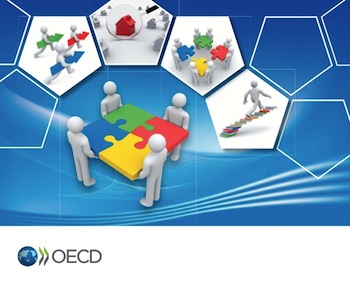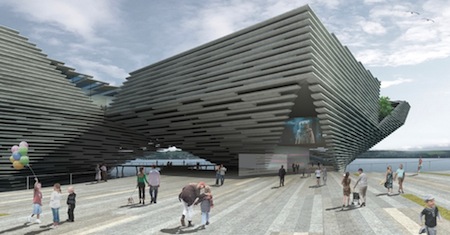In Spring 2011, Creativity, Culture and Education (CCE) commissioned the Centre for Real-World Learning (CRL) at The University of Winchester to undertake research to establish the viability of creating an assessment framework for tracking the development of young people’s creativity in schools.
After reviewing the literature on creativity and its assessment, and consulting expert practitioners, CRL created a framework for developing creativity in schools, and derived an assessment tool to trial in schools.
This tool comprised of 5 habits and 15 sub-habits of creativity:
- Inquisitive (wondering and questioning, exploring and investigating, challenging assumptions)
- Persistent (sticking with difficulty, daring to be different, tolerating uncertainty)
- Imaginative (playing with possibilities, making connections, using intuition)
- Collaborative (sharing the product, giving and sharing feedback, cooperating appropriately)
- Disciplined (developing techniques, reflecting critically, crafting and improving)
Through two separate field trials the research suggested that the framework was sufficiently distinct from existing approaches to creativity to be useful and that from a teacher point of view, the framework was both rigorous and plausible.
The principal findings were that:
- The concept of an assessment framework for creativity in schools is valid and relevant. There was a strong sense among teachers that our framework encompassed a learnable set of dispositions. There are strong grounds for now seeking to develop a more sophisticated prototype, of use to teachers and learners, to track the development of creativity in schools.
- The framework should initially focus on the 5-14 age range, although some practitioners may find it useful with younger and older pupils.
- The evidence suggests that the primary use of any assessment framework will be formative, supporting pupils to harness more of their creativity and helping teachers more effectively to cultivate creative dispositions in the young people they teach.
To find out more and to download the full report click here:
http://www.creativitycultureeducation.org/progression-in-creativity-developing-new-forms-of-assessment




